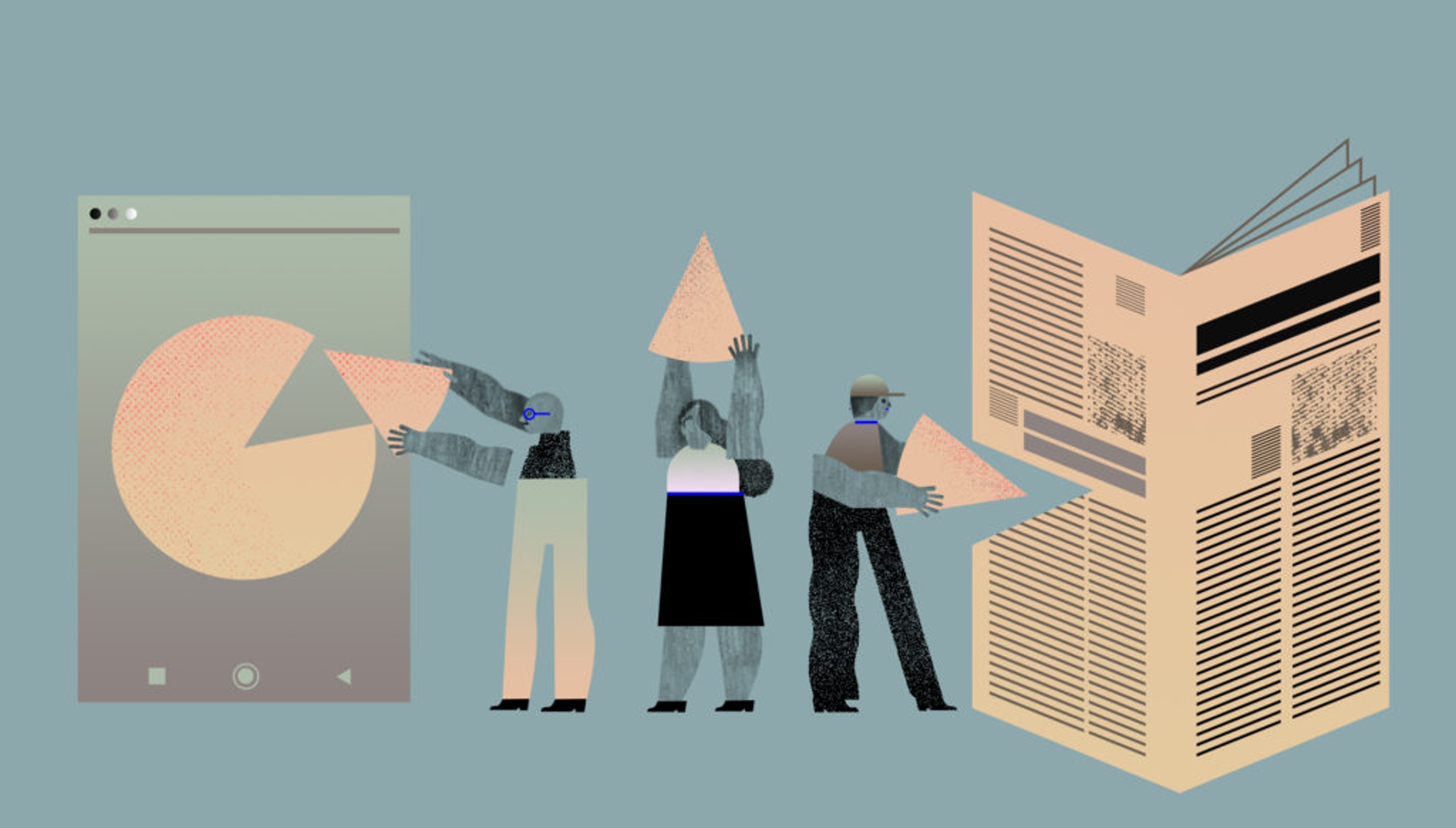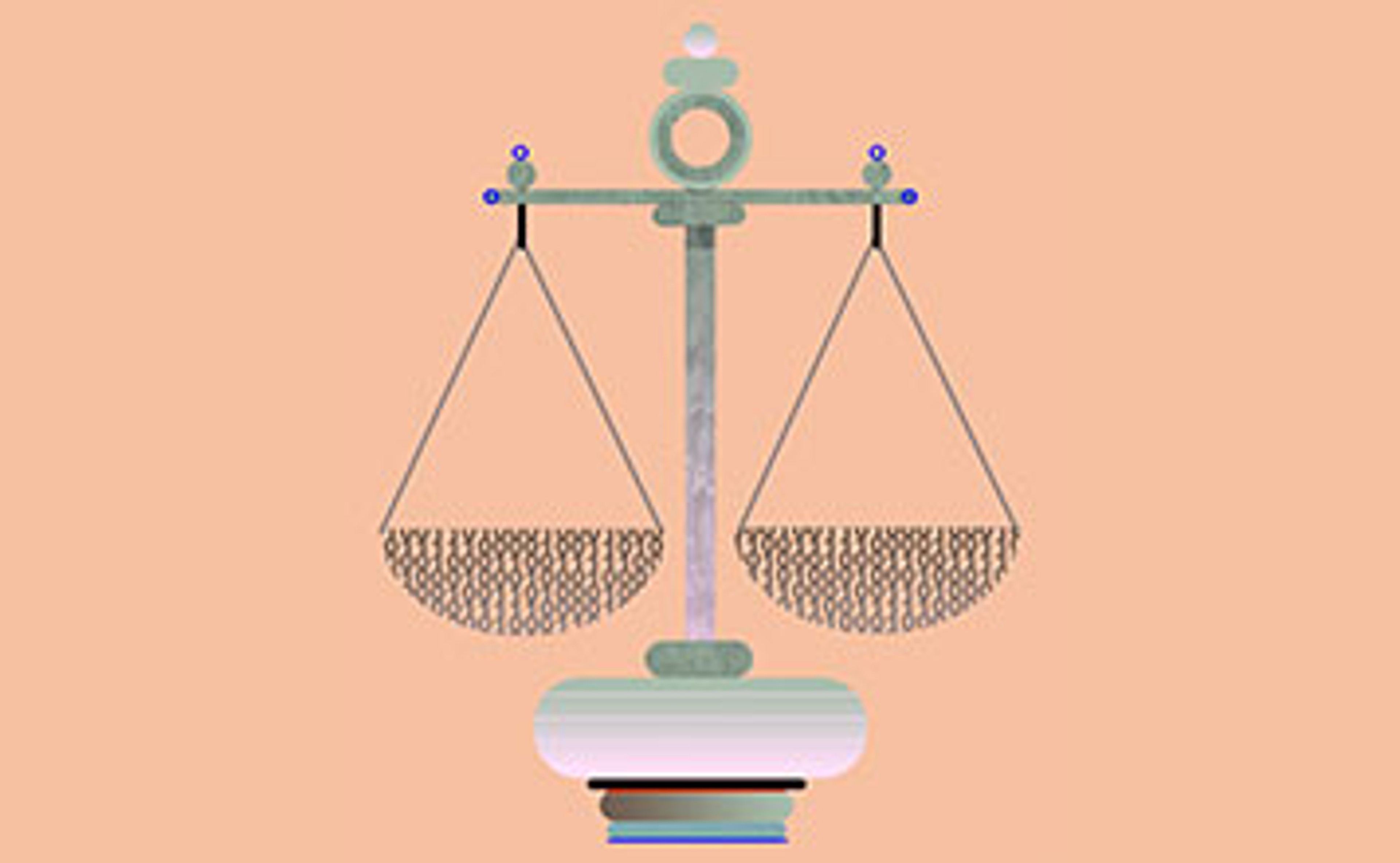Funding Accountable Media Through Reformed Taxation of Internet Giants

Credit: Ana Bustelo
Most recently the OECD has endorsed proposals to collect taxes in the countries where internet giants actually make money, rather than the countries where they technically book that money. Such reforms, even if only half-heartedly implemented, would mean a big increase in tax revenues for countries that have big, rich populations of internet users. The companies—household names like Amazon, Apple, and Google—are ultimately trapped. A company like Amazon cannot leave a country in protest at ‘unacceptable taxation’ without losing substantial revenues. Even worse, packing up and leaving a country behind creates a possible vacuum in which powerful rivals can be incubated—you only have to look at China’s coddled internet giants to see how this has worked out badly for Google and Facebook.
The internet companies’ previous shield against the imposition of higher taxes—political goodwill—is shot. Reviled by even the political organisations that benefit most from their conduct, these digital giants are businesses that nobody in politics wants to be seen to be friends with. Moreover, there’s plenty of political capital to be made by queuing up to sock them in the kisser.
This recommendation, however, is not an argument for increasing taxation upon these multinational technology businesses. Instead, we take it as read that tax reforms are coming, slowly and unevenly—but inevitably. We don’t know exactly when they will hit first, or how successful they will be. We also can’t tell which governments will crumble under the weight of powerful lobbying and back away from taxation entirely, tails between their legs. But in a number of rich countries the sails are set towards greater local taxation, and the ship is only going one way.
So this recommendation is not about increasing taxes on multinational technology companies. Instead it is focused on the use that will be made of the revenues that will result from these reforms. In an era of large national debts and insatiable citizens, there is no doubt that politicians’ first instinct will be to bank the new money for traditional goals: schools, hospitals, teachers, soldiers, etc. Despite the attractive nature of these policy priorities, we want to put forth an argument that some of the new money raised by taxing large digital companies deserves to be ring-fenced and set aside specifically to address some of the social harms that are exacerbated by these businesses. Thus, in the same way that pollution taxes help both to deter pollution and generate funds for cleaning up the mess created, it is time to see taxation on internet companies as a way of mitigating some of the harms these companies create.
There are several problem areas, worthy of investment, which could be plausibly attributed to the rise of large digital multinationals. But the problem that deserves the most acute and urgent attention is the problem of the collapse in journalism, especially the kind of journalism that holds local and regional power to account.
Traditionally propped up by advertising, local news media has collapsed as these revenues transfer to internet companies headquartered in California and tax resident in the Republic of Ireland. The social cost of this collapse is enormous—large swathes of countries that previously had meaningful forms of investigative local news media now have essentially none. This lack of scrutiny allows misconduct and maladministration at the local and regional level to go ahead without being spotted, and without repercussions.
Local advertising money used to go from local businesses to local newspapers. These newspapers then used a proportion of that money to pay for investigations and other forms of ‘hard news’. This money now flows instead to multinationals who do not generate local knowledge and accountability of the same kind. We argue that it is time to take some of this money back from the companies that undermined the local journalism industry, in order to fund investigations and hard news that will otherwise never take place.
Delivering this kind of mitigation will require focused, sustained lobbying to take place alongside the long-term tax reforms which will be taking place anyway. There is a strictly one-off chance approaching to make the case that large internet companies should help to pay for local news media, because their rise has been predicated on the destruction of something that was extremely socially important and valuable. We should be lobbying, right now, for governments to set aside and ring fence part of this new tax money. And we should be realistic about how long we will have to lobby—it is entirely likely we might have to push a political process that might take a decade or more to shake out.
But this is a very difficult journey. Once the enormous task of legislating to collect new tax revenues is out of the way, we have only solved the ‘easy’ part of the problem. The public is hugely suspicious about governments setting news agendas, and anything that smacks of ‘government propaganda’ will be dead, in credibility terms, before it ever gets started.
Legislators therefore need to take seriously the challenge of setting up a taxation-based local media funding system that is not widely seen to be positively biased towards the interests of their tax-collecting paymasters.
Achieving this kind of public trust in a new institution will be very tough in the era of fake news, but is not impossible. The way that the BBC has independence from the government in the United Kingdom whilst still being a public body is an ancient model, but does hold some lessons. There are also more modern lessons to be taken from institutions that behave with radical transparency. A new funding distribution organisation that works in this arena should be uniquely transparent in its decisions and operations, and it should be challengeable by the public. It should be designed around the Internet, and responsive to the way people on the Internet acquire and lose trust in institutions.
A deliberate project must begin, therefore, to rebuild what has been lost, whilst remaining crystal clear that what comes next cannot possibly be a simple re-creation of what came before.
For a long period it was not obvious whether the Internet would destroy local accountability journalism or simply transmute it. Twenty years after the creation of the web, it is increasingly clear that the final result was widespread destruction in many locales. A deliberate project must begin, therefore, to rebuild what has been lost, whilst remaining crystal clear that what comes next cannot possibly be a simple re-creation of what came before.
This article was originally published in the Berggruen Institute’s Renewing Democracy in the Digital Age Report

